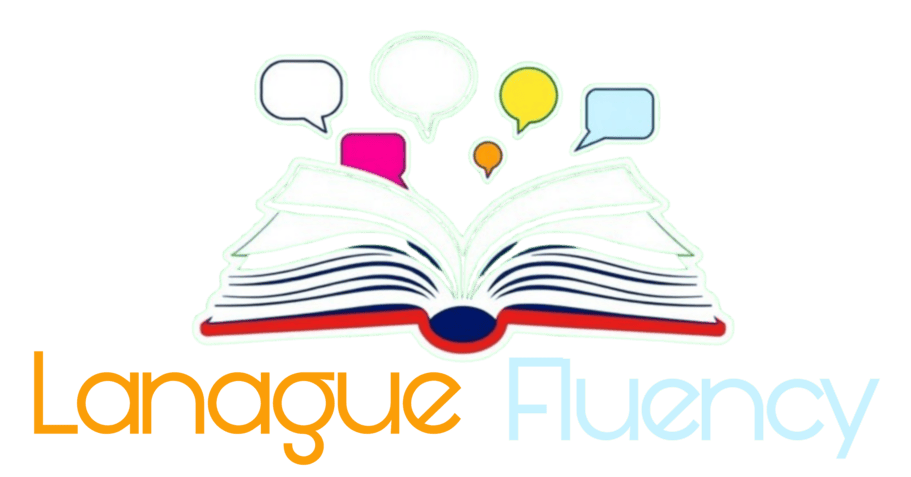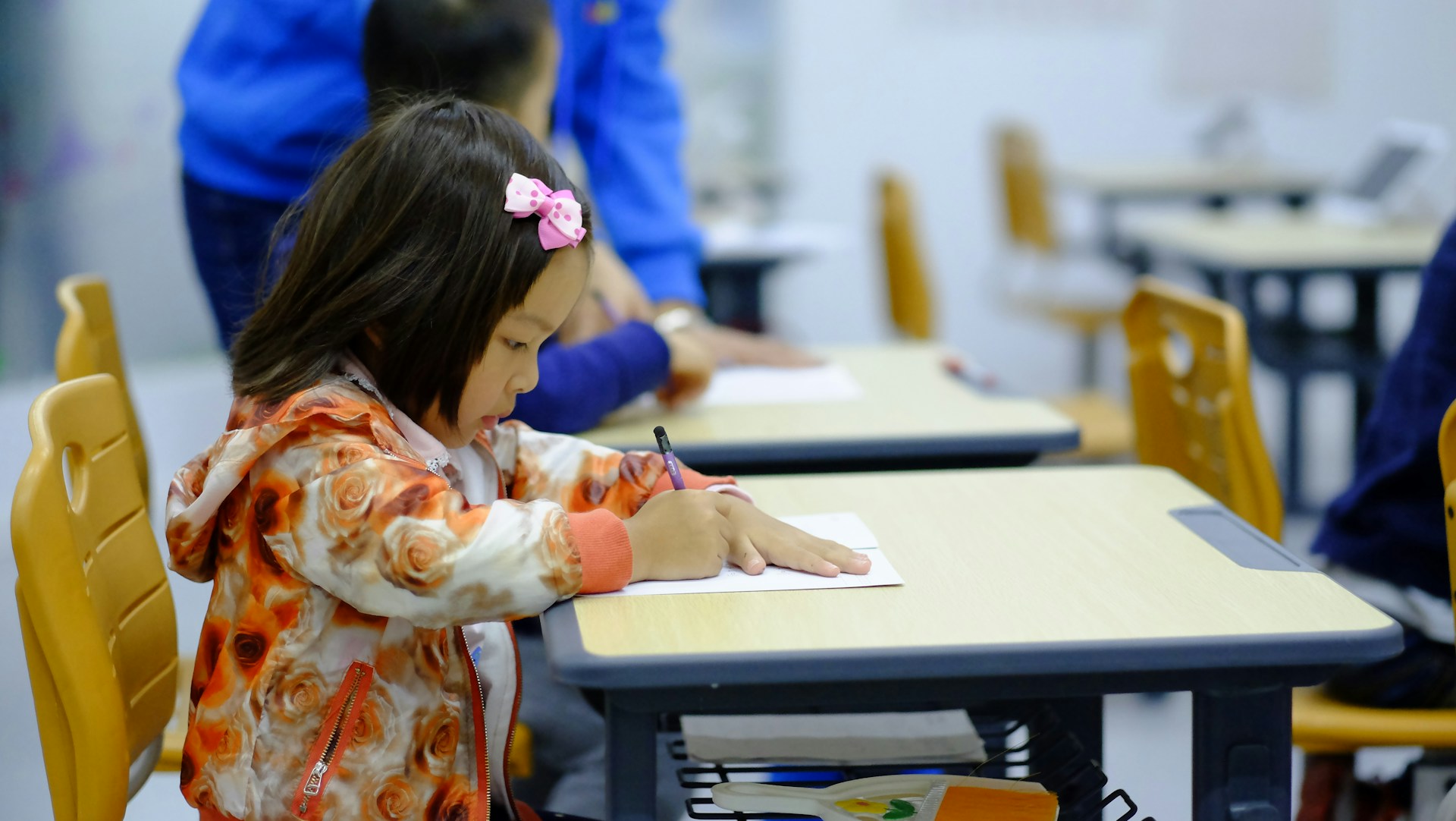Recognizing Plateaus in Language Learning

Plateaus in language learning can be frustrating and demotivating for many learners. These plateaus are often characterized by a feeling of stagnation or lack of progress in your language skills. You may find yourself struggling to advance to the next level despite putting in consistent effort and practice.
One common sign of reaching a plateau is when you no longer feel challenged by your current study material or learning activities. You may notice that your improvement has slowed down, and you are not experiencing the same rate of progress as before. It is essential to recognize these plateaus as a natural part of the language learning process and not get discouraged.
Setting Realistic Goals for Language Improvement

Setting realistic goals for language improvement is crucial for maintaining motivation and making progress in your language learning journey. When setting goals, it’s important to consider your current proficiency level, available time for study, and desired outcomes. Avoid setting unrealistic goals that may lead to frustration and burnout. Instead, break down your language learning objectives into smaller, manageable milestones that align with your overall learning objectives.
By setting realistic goals, you can track your progress more effectively and adjust your study routine accordingly. Whether your goal is to achieve fluency in a certain timeframe or to master specific language skills, having a clear roadmap can help you stay focused and motivated. Remember to be flexible in your goal-setting process and be open to adapting your goals as you progress in your language learning journey.
Consistent Practice and Study Routine

Consistent practice and study routine are essential components of successful language learning. By allocating a dedicated amount of time each day to engage with the language, you can gradually build up your skills and improve your proficiency. It is important to create a structured routine that fits into your schedule and allows for regular practice to reinforce learning.
Setting aside specific times for language study can help you establish a habit and maintain momentum in your learning journey. Whether it’s dedicating 30 minutes every morning or an hour in the evening, consistency is key to making progress. By incorporating language learning into your daily routine, you can ensure that you are actively engaging with the language and making steady advancements towards your language goals.
Seeking Feedback and Guidance from Language Experts

When learning a new language, seeking feedback and guidance from language experts can be incredibly beneficial. Language experts have the knowledge and experience to provide valuable insights into your language learning journey. They can offer constructive feedback on your pronunciation, grammar, vocabulary, and overall language proficiency, helping you identify areas for improvement and growth.
Additionally, language experts can offer guidance on effective language learning strategies, study techniques, and resources to enhance your language skills. Their expertise can help you navigate challenges, set realistic goals, and stay motivated in your language learning process. By tapping into the expertise of language professionals, you can accelerate your language learning progress and overcome obstacles more efficiently.
Exploring Different Learning Resources and Methods

When embarking on a language learning journey, it is essential to explore various resources and methods to find what works best for you. From textbooks and online courses to language exchange programs and immersive experiences, the options are plentiful. Discovering which resources align with your learning style and goals can greatly enhance your progress and keep you motivated along the way.
Experimenting with different learning methods, such as flashcards, language learning apps, language challenges, and workshops, can add variety and excitement to your language learning routine. Remember that not every method may be effective for you, so it is important to stay open-minded and adaptable in your approach. By continuously exploring and incorporating new resources and methods into your study plan, you can expand your language skills and make the learning process more enjoyable.
Staying Motivated and Persistent in Language Learning

Maintaining motivation and persistence in language learning can be a challenging yet rewarding endeavor. It is essential to remind yourself of the reasons why you embarked on this journey in the first place. Whether it is for personal growth, career advancement, or simply the love of languages, keeping your goals in mind can fuel your determination to push through obstacles and setbacks.
In addition to setting clear goals, it is crucial to break down your language learning journey into smaller, manageable tasks. By focusing on incremental progress and celebrating each milestone reached, you can stay motivated and committed to the learning process. Remember that consistency and perseverance are key in attaining fluency in a new language, so embrace the journey with enthusiasm and dedication.
Utilizing Language Learning Apps and Tools

For today’s language learners, the advancements in technology have provided a plethora of language learning apps and tools to enhance proficiency. These resources offer a convenient and flexible way to practice vocabulary, grammar, and pronunciation. Apps like Duolingo, Babbel, and Rosetta Stone provide structured lessons and interactive exercises to engage users in a fun and immersive learning experience. Additionally, tools such as Anki and Quizlet allow users to create personalized flashcards for effective vocabulary retention. Exploiting these apps and tools can significantly boost language acquisition and retention, offering a practical supplement to traditional study methods.
Incorporating language learning apps and tools into daily routines can foster consistency and progress in language proficiency. By integrating apps like Tandem or HelloTalk, learners can engage in language exchange with native speakers worldwide, enhancing cultural understanding and oral communication skills. Furthermore, utilizing tools like Google Translate or Linguee can facilitate quick translations and provide contextual meanings for unknown words or phrases. These resources not only diversify the learning experience but also offer convenience and accessibility for learners of various proficiency levels.
Engaging in Language Exchange with Native Speakers

Engaging in language exchange with native speakers can provide invaluable opportunities to practice your language skills in a real-life setting. By conversing with native speakers, you can improve your fluency, pronunciation, and cultural understanding. This interactive exchange allows you to receive immediate feedback on your language usage and helps you become more confident in your communication abilities.
Furthermore, language exchange with native speakers fosters a sense of cultural appreciation and empathy. Through meaningful conversations, you can gain insights into different worldviews, traditions, and perspectives. Building friendships with native speakers not only enhances your language proficiency but also broadens your cultural awareness and enriches your overall language learning experience.
Participating in Language Challenges and Competitions

For language learners looking to test their skills and push themselves to new heights, engaging in language challenges and competitions can provide a valuable opportunity for growth and improvement. These events often require participants to showcase their language proficiency in various tasks such as writing, speaking, or comprehension exercises. By challenging oneself in a competitive environment, individuals can not only measure their progress but also gain motivation and drive to continue developing their language abilities.
Language challenges and competitions can also foster a sense of community and camaraderie among language enthusiasts. Engaging in these events allows learners to connect with others who share a passion for language learning and provides a platform for exchanging tips, resources, and encouragement. Furthermore, participating in challenges and competitions can help individuals broaden their horizons by exposing them to different language learning strategies and approaches employed by fellow participants.
Joining Language Learning Communities and Forums

When embarking on a journey to learn a new language, joining language learning communities and forums can significantly enhance your learning experience. These platforms provide a space where language enthusiasts, learners, and experts gather to share knowledge, resources, and tips. By actively participating in these communities, you can engage in conversations, ask questions, and receive valuable advice from individuals who are also on a language learning journey.
Language learning communities and forums offer a sense of belonging and support as you navigate the challenges and successes of learning a new language. Connecting with like-minded individuals who share a passion for languages can foster motivation and encouragement to stay dedicated to your language learning goals. Additionally, these communities often host language-related events, challenges, and competitions that can further enrich your learning experience and keep you engaged and inspired along the way.
Attending Language Classes or Workshops

Language classes or workshops offer structured learning environments that can greatly benefit language learners. These sessions provide a chance to interact with teachers who can offer guidance, correct mistakes, and provide valuable feedback on your progress. Additionally, being in a classroom setting with fellow learners can create a sense of community and motivation to improve together.
In language classes or workshops, you have the opportunity to engage in interactive activities, such as group discussions, role-playing, and language games, that make learning more enjoyable and practical. Furthermore, these sessions often cover a variety of language skills, including listening, speaking, reading, and writing, ensuring a well-rounded approach to language acquisition. Attending these classes can help you stay accountable to your learning goals and progress steadily towards fluency.
• Language classes or workshops offer structured learning environments
• Interact with teachers for guidance and feedback
• Sense of community and motivation with fellow learners
• Engage in interactive activities like group discussions and role-playing
• Cover various language skills: listening, speaking, reading, writing
• Stay accountable to learning goals and progress steadily towards fluency
Immersing Yourself in Language Through Media and Culture

Immersing yourself in the language through media and culture is an effective way to enhance your language learning experience. By consuming media such as movies, TV shows, music, podcasts, and books in the target language, you can improve your listening skills, expand your vocabulary, and get a better grasp of the language’s nuances and expressions. Additionally, exploring the culture associated with the language can provide valuable context and deepen your understanding of its usage in real-life situations.
Engaging with native speakers through cultural events, festivals, or online communities can also help you immerse yourself in the language and gain insights into the customs and traditions of the language’s speakers. By actively participating in cultural activities and interacting with native speakers, you not only practice your language skills but also gain a deeper appreciation for the language and its significance in the lives of its speakers. Embracing the cultural aspects of the language can make your language learning journey more exciting and rewarding.
Keeping a Language Learning Journal or Diary

Keeping a language learning journal or diary can be a valuable tool to track your progress and reflect on your language journey. By documenting your daily experiences, observations, and struggles with the language, you can gain insights into your strengths and weaknesses. Additionally, writing about your language learning process can help solidify your understanding of grammar rules, vocabulary, and cultural nuances.
In your language learning journal, you can also set specific goals and action plans to stay motivated and focused. By writing down your objectives and outlining the steps you need to take to achieve them, you can create a roadmap for your language improvement. Moreover, revisiting your journal entries periodically can provide a sense of accomplishment as you witness how far you have come since you started learning the language.
Using Mnemonics and Memory Techniques for Vocabulary

When learning a new language, building a robust vocabulary is essential for effective communication. One useful technique for memorizing and retaining new words is through the use of mnemonics. Mnemonics are memory aids that help link new information to existing knowledge or familiar concepts, making it easier to recall later on. For example, creating vivid mental images, forming acronyms, or devising rhymes can all help reinforce vocabulary retention in your language learning journey.
In addition to mnemonics, leveraging memory techniques such as spaced repetition can further enhance vocabulary retention. Spaced repetition involves revisiting words at increasing intervals over time to strengthen memory recall. By regularly reviewing and practicing vocabulary through flashcards, online tools, or dedicated apps, you can solidify your understanding of new words and ensure they become ingrained in your long-term memory. Incorporating these mnemonic and memory strategies into your language learning routine can boost your proficiency and confidence in using a wider range of vocabulary.
Practicing Active Listening and Speaking Skills

To improve your language skills, active listening and speaking practice are essential. Listening attentively to native speakers, whether in conversations, podcasts, or videos, helps you grasp nuances in pronunciation, intonation, and phrasing. By immersing yourself in the language through listening, you train your ear to recognize different accents and speech patterns, thus enhancing your overall comprehension.
When it comes to speaking, practice is key. Engaging in conversations with native speakers or language partners not only builds your confidence but also allows you to practice applying grammar rules and vocabulary in real-life scenarios. Don’t be afraid to make mistakes; they are a natural part of the learning process. The more you speak and receive feedback, the more you’ll refine your pronunciation and fluency. So, make speaking practice a regular part of your language learning routine to see noticeable improvements over time.
Taking Breaks and Resting to Avoid Burnout

It’s crucial to remember that taking breaks and allowing yourself to rest are essential components of a successful language learning journey. As you immerse yourself in studying and practicing a new language, it’s easy to become consumed by the process and neglect the importance of rest. However, pushing yourself too hard without breaks can lead to burnout, diminishing your motivation and hindering your progress.
By incorporating regular breaks into your language learning routine, you give your mind and body the opportunity to recharge and rejuvenate. Stepping away from your studies for a short period can help prevent fatigue and maintain your enthusiasm for language learning. Whether it’s a quick walk outside, a brief meditation session, or simply taking a few moments to breathe deeply, these small breaks can make a significant difference in your overall learning experience. Remember, listening to your body’s need for rest is just as important as dedicating time to practice and study.
Setting Aside Time for Review and Revision

Setting aside time for review and revision is crucial for language learners striving to improve their proficiency. Regularly revisiting previously learned material helps reinforce understanding and retention. By scheduling dedicated study sessions for review, learners can solidify their grasp of grammar rules, vocabulary, and pronunciation, leading to more effective language acquisition. Additionally, revision allows learners to identify areas of weakness and focus on areas that require extra practice, enabling them to progress more efficiently in their language learning journey.
Incorporating review and revision into one’s language learning routine not only enhances comprehension but also aids in long-term memory retention. Through consistent practice and repetition of language concepts, learners can better internalize the information and transfer it to their active language skills. Furthermore, engaging in regular review sessions provides an opportunity to track progress and assess improvement over time, offering motivation and a sense of achievement in the language learning process.
Tracking Your Language Progress and Celebrating Achievements

Tracking your language progress is essential in ensuring that you are moving forward in your language learning journey. Keeping track of the new vocabulary you’ve learned, the grammar rules you’ve mastered, and the conversations you’ve successfully held can provide a sense of accomplishment and motivation to continue improving. By monitoring your progress regularly, you can identify areas that may need more focus and adjust your study routine accordingly to make the most out of your learning efforts.
Celebrating your language learning achievements, no matter how small they may seem, is a great way to stay motivated and encouraged. Whether you’ve successfully completed a language challenge, held a conversation entirely in the target language, or mastered a difficult grammar concept, taking the time to acknowledge and celebrate these milestones can boost your confidence and propel you further in your language learning journey. Sharing your achievements with others who support and encourage you can also be a great way to stay motivated and inspired to continue learning and improving.
Seeking Support from Friends and Family in Language Learning

Having a strong support system can greatly enhance your language learning journey. Friends and family can play a crucial role in providing encouragement, motivation, and even practical help in your learning process. By sharing your goals and progress with them, you can create a sense of accountability and receive valuable feedback that can further propel your language skills forward.
When seeking support from friends and family in language learning, it’s important to communicate openly about your needs and how they can contribute to your success. Whether it’s practicing conversations with you, recommending language resources, or simply cheering you on, their involvement can make learning more enjoyable and effective. Remember that language learning is a personal journey, but having the support of loved ones can make it a shared experience that reinforces your determination to reach your goals.
Embracing Mistakes and Learning from Them

Making mistakes is a natural part of the language learning process. Rather than feeling discouraged or disheartened by errors, it is important to embrace them as opportunities for growth. Every mistake presents a chance to learn something new, whether it be a grammar rule, vocabulary word, or pronunciation practice. By acknowledging and analyzing mistakes, language learners can gain valuable insights that help them improve and progress in their language learning journey.
Furthermore, embracing mistakes fosters a sense of resilience and adaptability in language learners. It encourages individuals to approach language learning with a growth mindset, viewing setbacks as stepping stones towards mastery rather than obstacles to success. By reframing mistakes as learning opportunities, language learners can build confidence in their abilities and develop a positive attitude towards the challenges that arise. Over time, embracing mistakes can lead to greater proficiency and fluency in the target language.



